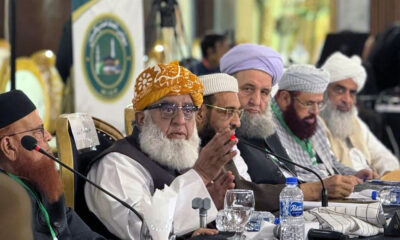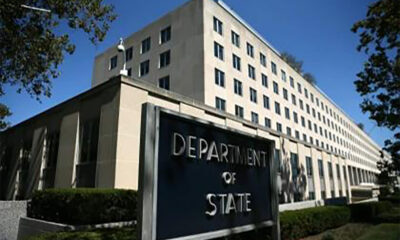Latest News
Thailand to ban recreational cannabis use by year-end, health minister says
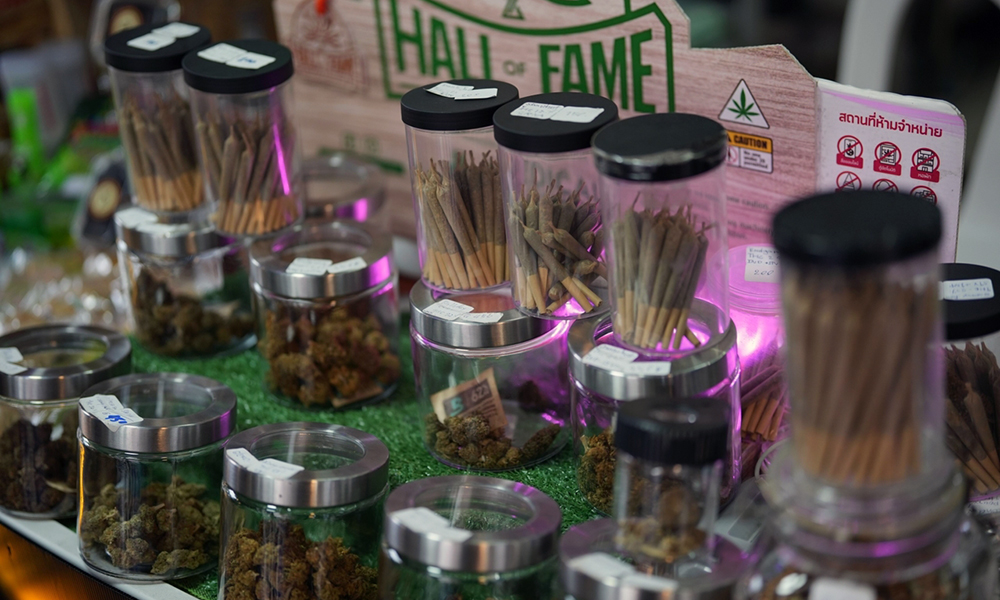
Thailand will ban recreational use of marijuana by the end of this year but continue to allow its use for medical purposes, the health minister told Reuters in an interview.
After Thailand became the first country in Southeast Asia to free up medicinal use in 2018, and then recreational use in 2022, tens of thousands of cannabis shops have sprung up in an industry projected to be worth up to $1.2 billion by next year.
Critics say piecemeal rules were rushed out and adopted within a week of decriminalisation, and the government has drafted a new law to regulate cannabis use that is expected to take effect by year-end, read the report.
The draft bill will go to cabinet for approval next month before heading to parliament to be passed before the end of the year, Health Minister Cholnan Srikaew said.
“Without the law to regulate cannabis it will be misused,” Cholnan said on Wednesday, referring to recreational use.
“The misuse of cannabis has a negative impact on Thai children,” he added. “In the long run it could lead to other drugs.”
The previous government had failed to push legislation through parliament before the general election of last May, leaving Thailand without an umbrella law to regulate its use.
Cannabis shops that operate illegally will not be allow to continue, while home-grown cannabis will also be discouraged, added Cholnan, who put the number of legally registered shops at 20,000.
“In the new law, cannabis will be a controlled plant, so growing it would require permission,” he said. “We will support (cannabis cultivation) for the medical and health industry.”
The draft law specifies a fine of up to 60,000 baht ($1,700) for recreational use, while those selling cannabis for such use and participating in advertisement or marketing of buds, resin, extract or smoking devices face jail terms of up to a year, or a fine of up to 100,000 baht ($2,800) or both.
It also toughens punishment for cannabis farming without a licence, with jail terms ranging from one to three years and fines from 20,000 baht ($560) to 300,000 baht ($8,000).
Import, export, cultivation and commercial use of cannabis will also require permits now, the minister added.
The government, recognising the economic benefit of the cannabis industry, would give businesses time to adjust to the new regulation, Cholnan said.
Such shops could operate until their licences expire and convert to legal cannabis clinics if they follow the new rules, Cholnan said, adding that the new regulation would have no impact on tourism.
Latest News
Fazal Ur Rehman says Pakistan’s ‘attacks’ on Afghanistan are unjustifiable
“If you justify attacks on Kabul by claiming your enemies are present there, then why is your response different when India targets its enemies inside Pakistan?” he said.
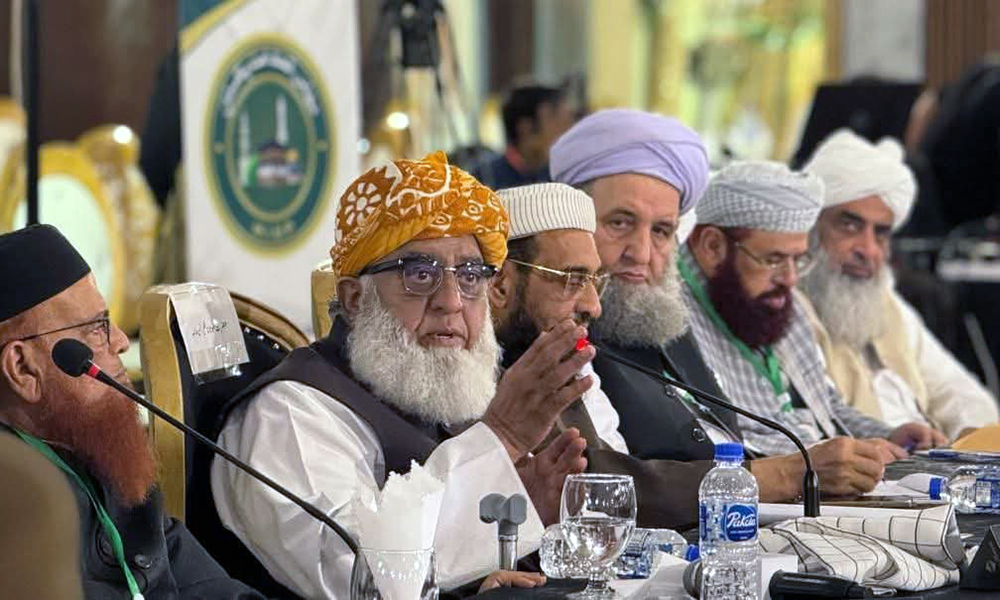
Senior Pakistani religious leader and politician Maulana Fazal Ur Rehman has condemned attacks on Afghanistan carried out under the pretext of targeting militant groups, calling such actions unjustifiable and counterproductive.
He urged both Kabul and Islamabad to resolve their disputes through dialogue and political engagement rather than military means.
Speaking at a gathering of Pakistani religious scholars titled “Pakistani Ummah Unity,” Fazal Ur Rehman, who heads the Jamiat Ulema-e-Islam (JUI-F) party, criticized Pakistan’s security approach toward Afghanistan.
Addressing Pakistan’s military leadership, he questioned the rationale behind cross-border actions, asking why attacks are justified against Afghanistan when similar logic is rejected in response to Indian strikes inside Pakistan.
“If you justify attacks on Kabul by claiming your enemies are present there, then why is your response different when India targets its enemies inside Pakistan?” he said.
Fazal Ur Rehman warned that continued tensions between Afghanistan and Pakistan serve the interests of neither country and risk further destabilizing the region.
He stressed that dialogue, mutual respect, and political understanding remain the only sustainable solutions to long-standing disputes between the two neighbors.
Latest News
Turkish intelligence captures a Daesh member near the Durand Line
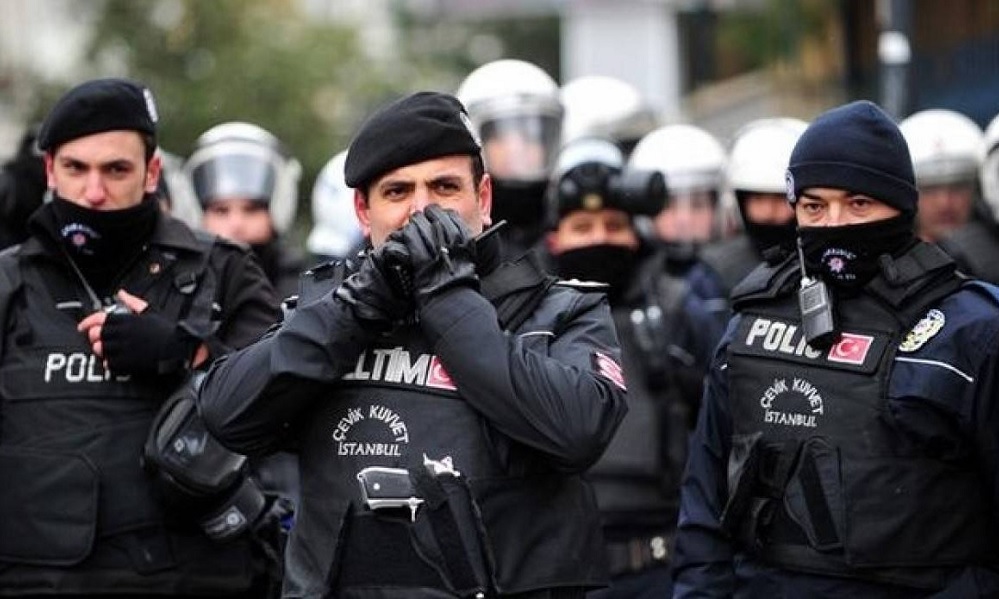
Turkish intelligence agents have captured a senior member of Daesh near the Durand Line, reportedly preventing planned suicide attacks in Turkey and other countries, according to Turkey’s state-run Anadolu Agency on Monday.
The suspect, identified as Mehmet Goren, is a Turkish citizen. He was apprehended during a covert operation and transferred to Turkey. Details on the timing of the operation or the involvement of Afghan and Pakistani authorities were not disclosed.
According to the report, Goren had risen through the ranks of Daesh and was allegedly tasked with carrying out suicide bombings in Turkey, Pakistan, Afghanistan, and Europe.
Daesh has a history of deadly attacks in Turkey, including the January 1, 2017 shooting at an Istanbul nightclub that killed 39 people.
Anadolu Agency reported that Goren’s arrest also provided intelligence on the group’s recruitment strategies and planned activities.
Latest News
Dozens of needy families in Kabul receive winter aid from Bayat Foundation
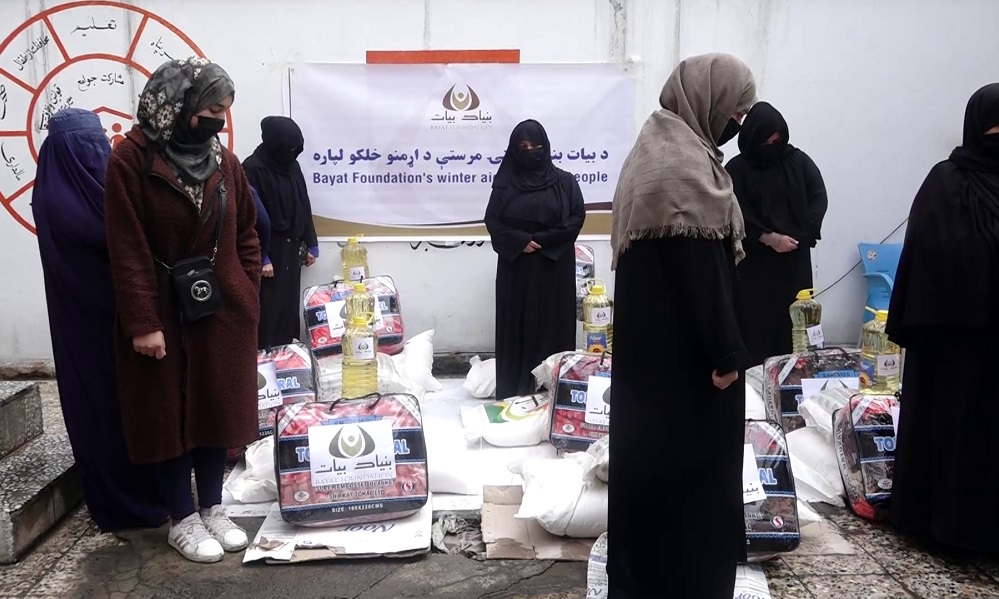
Dozens of needy families in Kabul’s fifth district have received essential winter assistance from the Bayat Foundation, as part of ongoing efforts to ease hardship during the cold season and worsening economic conditions.
According to foundation officials, the aid package includes staple food items such as flour, rice, and cooking oil, along with warm blankets to help families cope with freezing temperatures. Haji Mohammad Ismail, Deputy Head of Bayat Foundation, said the distribution began in Kabul and will soon be expanded to other provinces.
“Our assistance includes flour, rice, cooking oil, and blankets,” Ismail said. “Today, we started distributing these items in Kabul’s fifth district, and God willing, the aid will reach other provinces in the near future.”
Afghanistan continues to face widespread poverty, unemployment, and food insecurity, with many families struggling to meet basic needs, particularly during winter when access to work and heating becomes more difficult.Humanitarian organizations and charitable foundations have stepped up relief efforts to support those most affected.
Beneficiaries welcomed the assistance, describing it as a lifeline. “May God bless you for helping the poor. We had nothing and no work,” said one recipient. Another added, “Thank you for your help. Our flour was almost finished.”
Bayat Foundation officials stressed that winter aid distributions will continue in Kabul and other provinces in the coming days, as part of their broader commitment to supporting needy families across the country.
-

 Latest News2 days ago
Latest News2 days agoAfghanistan signs 30-year deal for marble mining in Daikundi
-

 Latest News3 days ago
Latest News3 days agoPakistan summons Afghan diplomat over deadly attack in North Waziristan
-

 Latest News4 days ago
Latest News4 days agoAfghan border forces prevent illegal entry of hundreds into Iran
-

 Latest News3 days ago
Latest News3 days agoAfghan health minister calls for medical cooperation between Kabul and New Delhi
-

 Latest News4 days ago
Latest News4 days agoJapan allocates nearly $20 million in humanitarian aid for Afghanistan
-

 Latest News3 days ago
Latest News3 days agoKarzai urges reopening of girls’ schools and universities for Afghanistan’s bright future
-
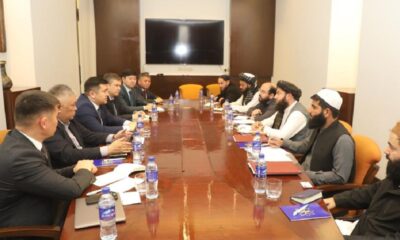
 Business5 days ago
Business5 days agoAfghanistan-Kazakhstan banking ties discussed in Kabul meeting
-
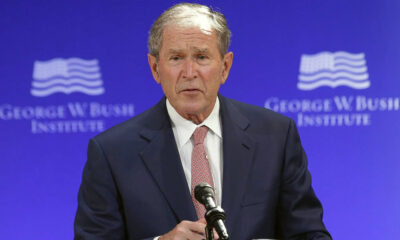
 Latest News2 days ago
Latest News2 days agoBush Institute criticizes Trump administration’s Afghan immigration freeze


